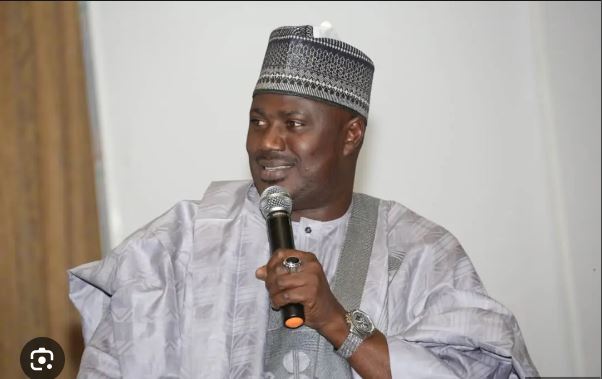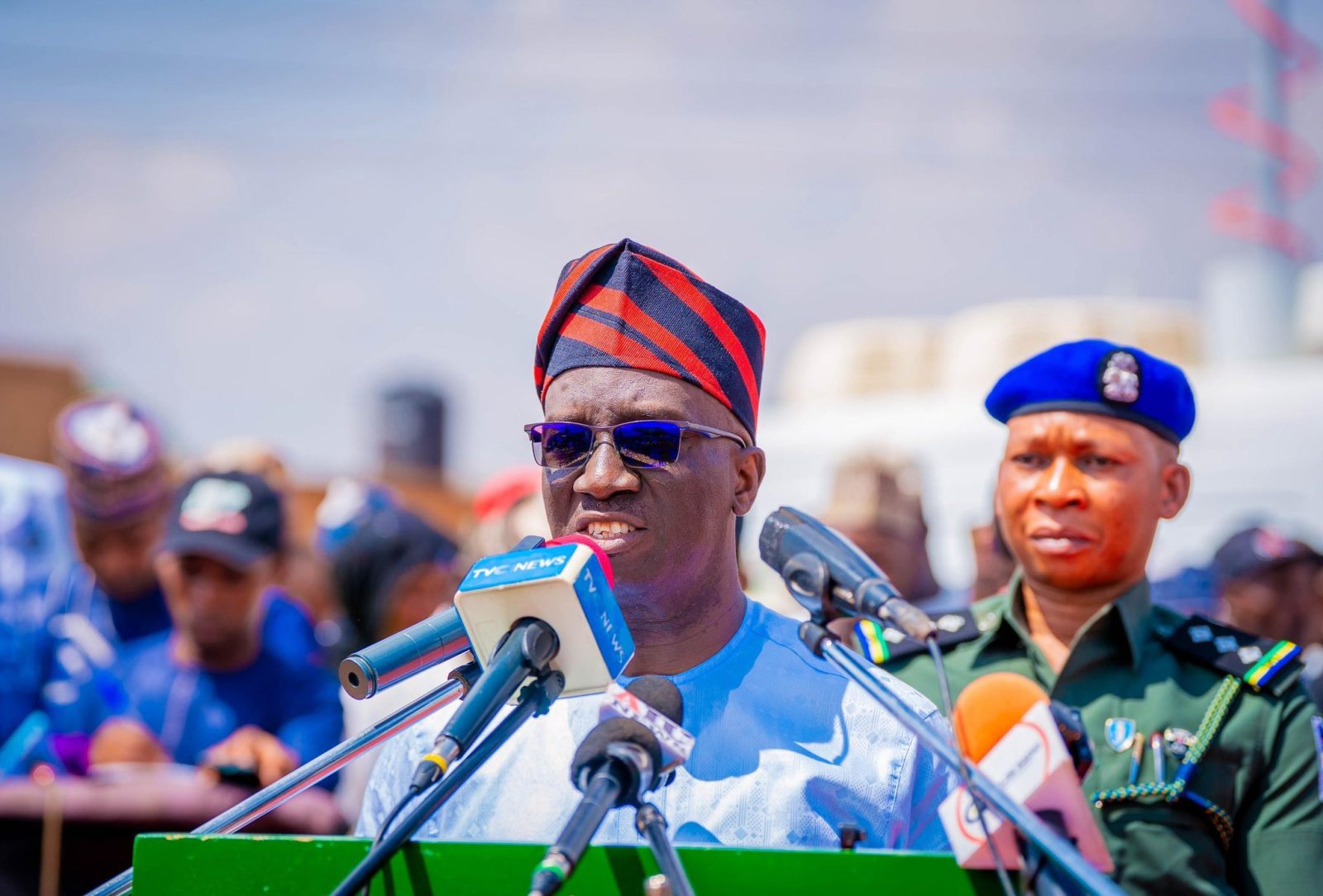The Federal Government has underscored the crucial role of food security in ensuring Nigerians have access to nutritious foods, driving economic growth, reducing poverty, and promoting gender equality.
The Minister of State for Agriculture and Food Security, Dr. Aliyu Abdullahi, said this when he appeared on Channel Television’s Sunrise Daily Show on Monday, monitored by Persecondnews, where he highlighted the government’s efforts in the agricultural sector.
According to Abdullahi, the government is actively working to tackle challenges in the agricultural sector, with food security being a top priority under the current administration’s Renewed Hope Agenda.
He said: “It is a lot of work. You know whenever you meet a system that’s down, you need to take it up and do the work so that it will respond to the demand of the system.
“For us at the Federal Ministry of Agriculture and Food Security, it’s no longer new. We all know that last year, the President declared a state of emergency on food security because we were not doing very well. We had very bad numbers.
“As part of the Renewed Hope Agenda, because food security is on the front burner in the agriculture sector, it is the mainstream of Nigeria’s economy.
“It is expected to also play a critical role in the economy as a means of poverty alleviation and gender inclusivity.”
In tackling Nigeria’s agricultural challenges, Abdullahi said the government was focused on upgrading the outdated tools used by Nigerian farmers.
He also announced the launch of large-scale mechanization projects aimed at revolutionizing farming practices nationwide.
He said: “We looked at the rudimentary nature of work tools of our farmers. One of the first things is to look at the mechanization.
“We have a very robust mechanization program starting from the Greener Up Initiative Mechanization Program in Belarus, and now we have the Greener Imperative Project coming from Brazil.
“The President has given a matching order for the Greener Imperative Project to come on stream in January 2025.”
The project, aimed at modernizing Nigeria’s agricultural machinery, is poised to substantially increase food production, decrease dependence on traditional farming methods, and enhance the overall efficiency of the agricultural sector.
The minister re-echoed President Bola Tinubu’s commitment to tackling Nigeria’s economic challenges through agriculture, a sector he believes holds the key to diversifying the country’s oil-dependent economy.
On November 6, 2023, President Tinubu had pledged to usher in a new era for Nigeria’s agricultural sector, vowing to move away from the status quo as his administration works to enhance food security and reduce the country’s reliance on petroleum.
He emphasized the vast potential of agriculture as a key driver of Nigeria’s economy while speaking at the 6th Africa-Wide Agricultural Extension Week (AAEW), which focused on harnessing agricultural extension and advisory services to transform Africa’s food systems.
The president reiterated his commitment to restructuring the economy from unnecessary borrowing to finance government programs as well as create jobs, achieve economic growth, end poverty, and ensure prosperity for all Nigerians.
He said going forward, agriculture must now be market-oriented, and move away from the subsistence farming culture currently being practiced by smallholder farmers.
Also, on Saturday, November 30, 2024, Tinubu reiterated his unshakeable dedication to addressing Nigeria’s intricate and long-standing challenges while attending the 12th convocation ceremony of the Michael Okpara University of Agriculture in Umuahia, Umudike.
Tinubu was represented by Dr. Deola Lordbanjou, Director of Extension at the Federal Ministry of Agriculture and Food Security.
He reaffirmed his strong commitment to tackling Nigeria’s complex and deeply ingrained challenges, emphasizing that his administration’s solutions will be driven by the strategic sector of agriculture, which is crucial for diversifying Nigeria’s economy.
He explained that this was why his government increased the number of agricultural universities in the country.























Leave a comment